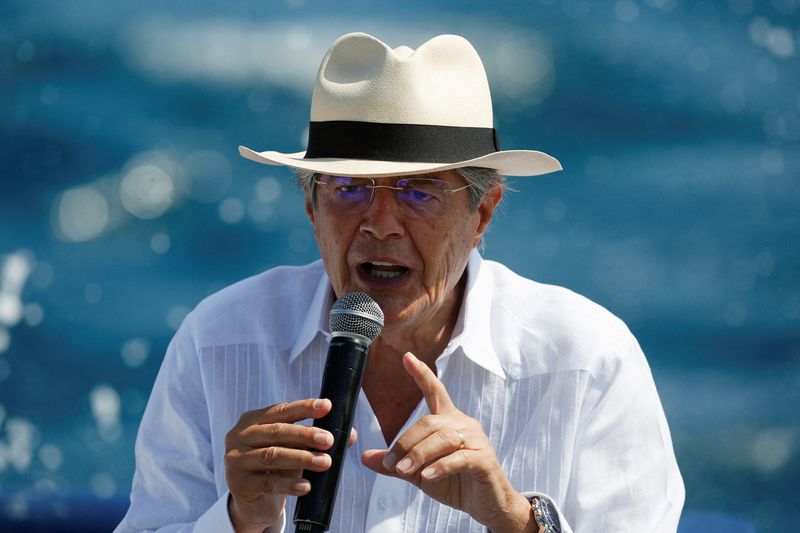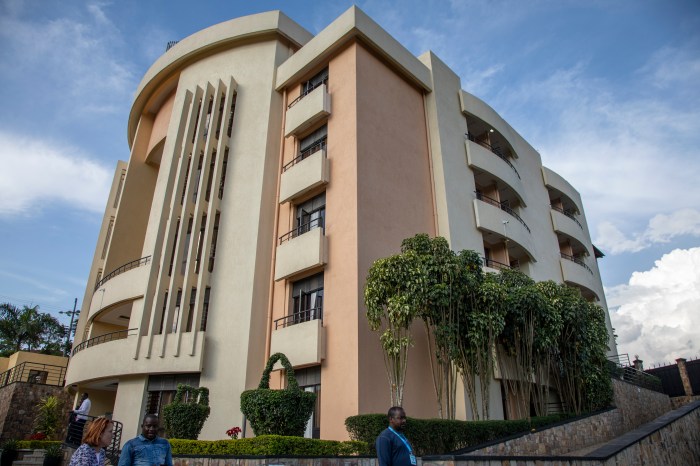QUITO (Reuters) – Ecuadorean lawmakers on Thursday roundly rejected a proposed bill that conservative President Guillermo Lasso had said would attract investment for the beleaguered economy, but which opponents decried as privatisation of public assets.
Lasso, a former banker who does not have a majority in the legislature, in February asked lawmakers to approve the creation of public-private partnerships to facilitate infrastructure projects – using the stock market to raise financing – and create free trade zones.
The president has said the proposed changes would attract billions of dollars in investment in telecoms, energy, mining and oil, which he maintains are key to righting the country’s finances and creating the two million jobs he has promised during his tenure.
He can propose the law – which was rejected by 87 of 134 lawmakers present – again.
The law would have promoted the privatisation of public property, including the country’s water resources, opposition lawmakers said.
“This law has been rejected because we have not accepted the blackmail of lawmakers who come to ask for hospitals, electricity companies and ministerial posts in exchange for their votes,” Lasso said on social media.
“The only thing lawmakers have done is lost opportunities for those women and young people,” he said.
Hundreds of unions members, students and teachers marched in Quito on Wednesday to protest the law, which also would have exempted basic materials from taxes and investors from tariffs.
Lasso has also promised labour reform and is seeking to sell a state-run bank, as well as concessions for the government telecoms company and the Esmeraldas oil refinery.
(Reporting by Alexandra Valencia ; Writing by Julia Symmes Cobb; Editing by Kenneth Maxwell)



















